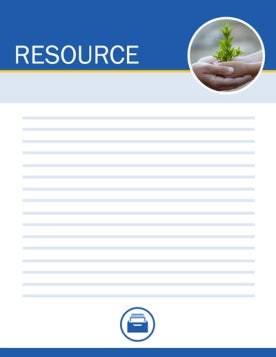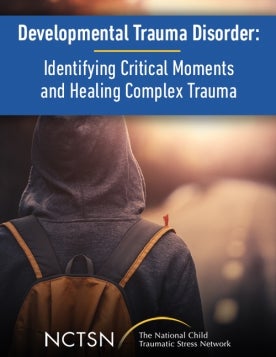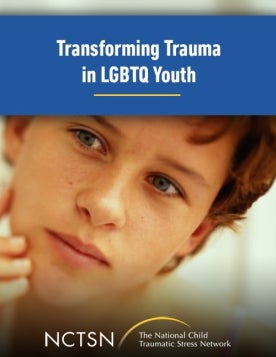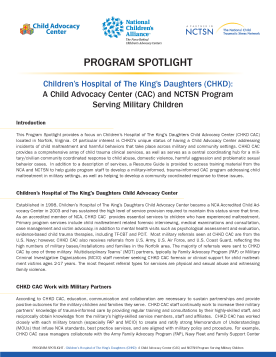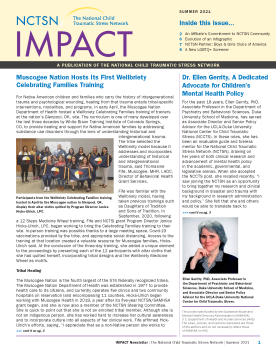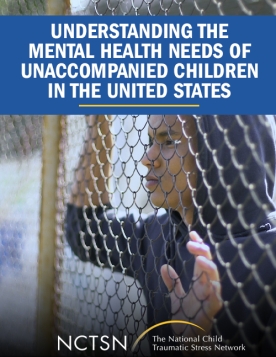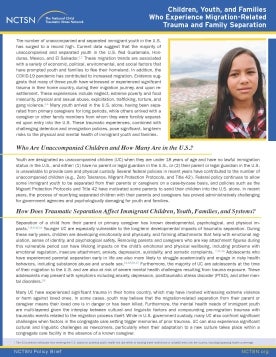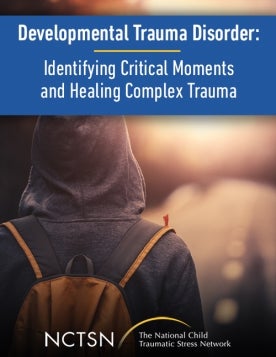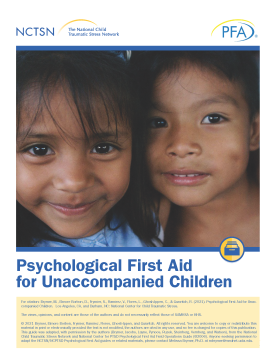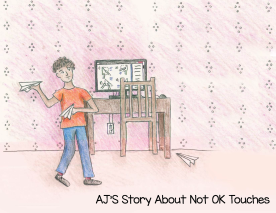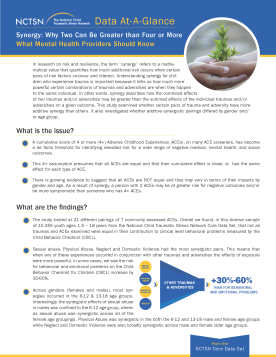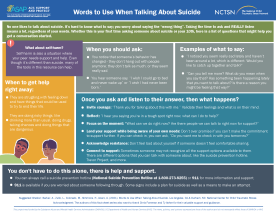
Words to Use When Talking About Suicide
Provides information to help youth know what words to use when talking about suicide with friends and peers. This fact sheet includes when you should ask, examples of what to say, when to get help, as well as next steps. This resource is most helpful for youth ages 12 and older.
